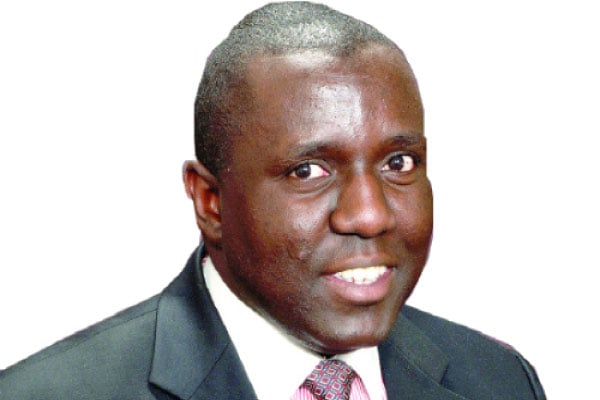Who will really be in charge after Covid-19?

Author: Mr Karoli Ssemogerere is an Attorney-at-Law and an Advocate.
The third and fourth wave of the pandemic have left the world confused. Shortly after the first Covid-19 vaccinations or more accurately, innoculations came on the market, a number of countries including South Africa announced new vaccination resistant strains.
Countries quickly reacted by closing borders again from high risk countries and lockdowns were imposed again. Brazil, a big country, faced a steep rise in Covid-19 cases.
The UK was nearly disrupted after coming first in a massive vaccination drive alongside a spike in the number of cases. Italy and other countries put AstraZeneca (not yet approved for use in the United States) on hold after initial administrations were flagged for undisclosed side effects and cases temporarily spiraled.
Around this time, the World Health Organisation announced its findings were to the effect that the Wuhan Lab in China was not the source of the virus. This announcement came on the back of allegations, some in early stages of being reduced into lawsuits that the SARs like virus was a genie escaped from the bag.
Come April with good news everywhere was the deadly fourth wave that has kept India itself a major pharmaceutical producer of both brand name and generic drugs and an early leader in developing Covid-19 vaccines, on its toes.
India which in 2018 overtook the UK as the world’s fifth largest economy, a favourite medical tourism destination, suddenly run out of hospital beds, oxygen tanks, space for cremation for Hindus and burial grounds for muslims.
India the nuclear power and home to some of the world’s renowned scientists was now taking the flak for complacency and shipping vaccines abroad.
For starters, several countries (US and EU) initially severely restricted export of vaccines emphasising domestic inoculation first. The US up to now is only willing to ship outside its borders AstraZeneca including to Mexico and Canada her neighbours.
Other scary news in the Covax programme run by GAVI began announcing that vaccines had to be shipped quickly to new destinations to avoid going bad or expiring.
Tanzania, DRC in the region announced evacuation of stockpiles while other countries chose to destroy them. A few countries (Kenya included) have announced new restrictions including curbs on air travel from India and elevated lockdown policies in population centres like Nairobi.
Very little is heard from China where it all began. Infact, China has been relatively silent since the first outbreak was reported at the end of 2019. China has not had anything remotely close to near breakdown that paralysed many countries like Brazil and may do the same to India.
The despondency that comes with Covid-19 has left the world confused. In the United States, the government is debating whether to force the armed forces to get vaccinated. Some countries require certain professions like healthcare, teachers to vaccinate.
After initial shortages, the vaccine is more readily available although enthusiasm and uptake is flat. Is the population weary of the heavy arm of the law that Covid-19 has come with? Is the public skeptical of the effectiveness of the vaccine in light of deadlier variants of the virus? Some other parts of the Covid-19 infrastructure have come under attack like the prolonged use of disposable masks. Covid-19 has no friends.
Earlier this year, the Catholic Church in Tanzania pressured the government into action stating it was losing priests and nuns at a very fast clip just before President John Magufuli’s untimely demise. The end of Covid-19 may be the beginning of something else, the anxiety and angst should not be a surprise.




